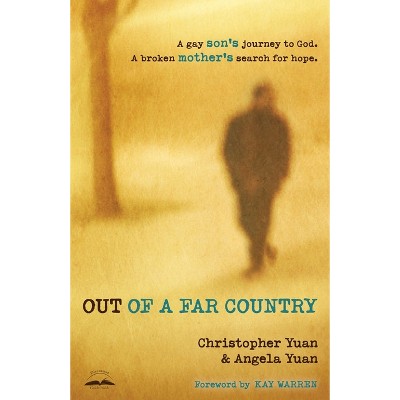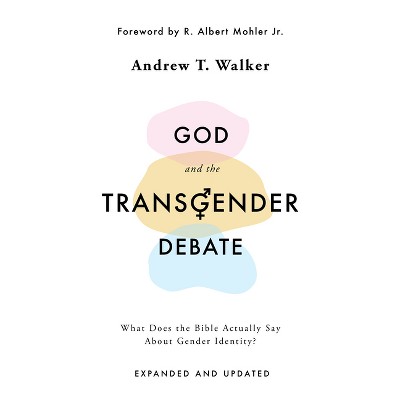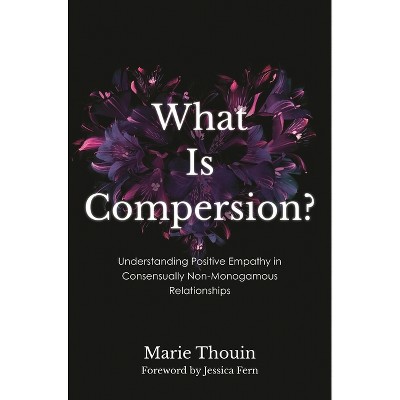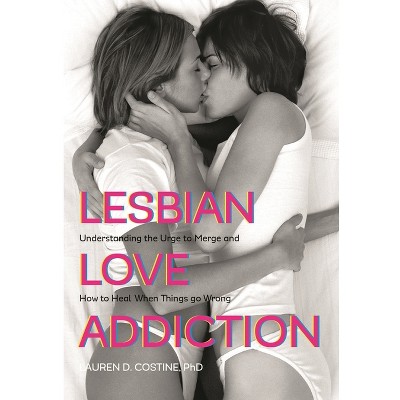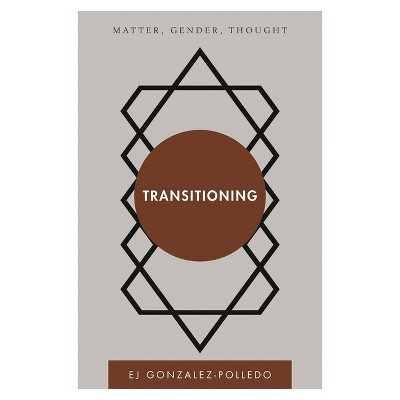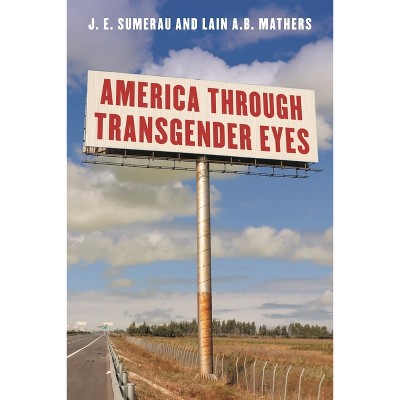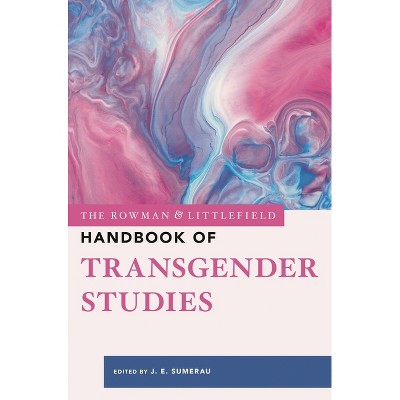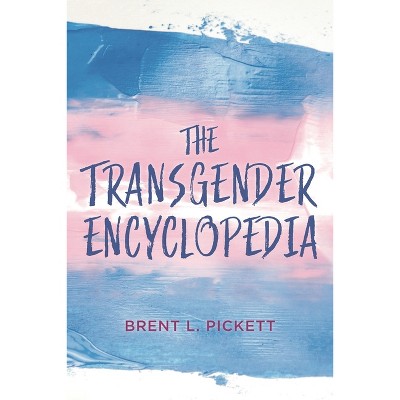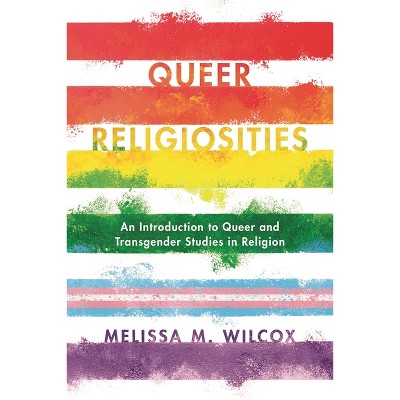Sponsored

Thinking Cis - by Alithia Zamantakis (Hardcover)
In Stock
Sponsored
About this item
Highlights
- A critical exploration of cisness and transphobia that pushes readers to grapple with what cisness means and the violence anti-trans oppression produces
- About the Author: alithia zamantakis, PhD is a sociologist and health scientist at Northwestern University's Institute of Sexual & Gender Minority Health and Wellbeing.
- 224 Pages
- Social Science, LGBT Studies
Description
About the Book
A critical exploration of cisness and transphobia that pushes readers to grapple with what cisness means and the violence anti-trans oppression producesBook Synopsis
A critical exploration of cisness and transphobia that pushes readers to grapple with what cisness means and the violence anti-trans oppression produces
Review Quotes
zamantakis brings a necessary, agenda-setting lens to define and analyze cisness with this study of how cis people's perceptions, prior experiences, and ideas about the body construct cisness and cissexism. She analyzes in detail how cis people - cishet men and cis LBQ women - construct desire and intimacy around the 'female' body and 'womanhood'. Thinking Cis is a ground-breaking and accessible text. zamantakis reveals how contemporary people's ways of making meaning around the body are similar to how colonizers constructed essentialist ideas of gender through biological racism.
zamantakis provides an excellent window into more than "thinking cis." Her book reveals a great deal about how attraction and desire in today's U.S. are socially structured and produced in ways that reinforce patterns of social privilege and stigma.
Creating what will be a foundational cornerstone of the emerging sub-field of Critical Cis-ness Studies, alithia zamantakis explores desire, positionality, transmisogny, and transmisogynoir through a series of interviews and focus groups with cisgender people who are attracted to women. A must read for those interested in gender, sexuality, and race, and how these experiences shape cis views of trans women.
In advocating for the expansion of a "critical cis studies," zamantakis asks us to take seriously the notion that cisgender identity is a distinct concept worthy of investigation in and of itself, rather than a default state of being to which trans identity stands in opposition. [...] Thinking Cis stands as a worthwhile contribution to the contemporary sociological literature on gender and trans studies.
In this provocative analysis, alithia zamantakis draws upon rich qualitative data to offer a necessary course correction for transgender studies in sociology. Training critical focus on particular ways of thinking, feeling, talking, interacting, and reacting, Thinking Cis dares us to work--collectively and intersectionally--against anti-trans violence, and towards a more expansive, hopeful, and equitable future.
Thinking Cis begins with a seemingly subtle yet profoundly-significant assumption: since anti-trans violence is largely perpetrated by cisgender people, understanding why it occurs and how to prevent it must begin by studying cisgender people. zamantakis expertly unpacks the often-unquestioned assumptions in our society about standards of beauty, attraction, and what is "natural," as well as their integral role in anti-trans violence. This book highlights that violence against trans people cannot be explained away as the actions of a few troubled but isolated perpetrators. Rather, through the words of everyday cisgender people, Thinking Cis suggests that the fundamental need felt by many to prove their "cis-ness" to themselves and to others can drive support for anti-trans violence. Scholars, activists, and service providers will find this to be a valuable, eye-opening addition to their shelves and their work, and an important contribution to future solutions.
Thinking Cis is the kind of book that leaves a mark! zamantakis skillfully delivers a powerful examination of the intricacies of power and embodiment at the intersection of race, gender, and sexuality as well as a clarion call for greater understanding and examination and advocacy concerning violence and inequality in society.
This brilliant and timely intervention flips a predominant line of inquiry in gender studies--that of the cultural production of transness--on its head, and in doing so, offers a powerful analysis of how cisness is informed by and produced through the logics of white supremacy, colonialism, and capitalism.
About the Author
alithia zamantakis, PhD is a sociologist and health scientist at Northwestern University's Institute of Sexual & Gender Minority Health and Wellbeing. Her work can be found in Sexualities, Journal of School Health, Sociological Inquiry, AIDS & Behavior, Annual Review of Psychology, Liberation School, and more.Shipping details
Return details
Frequently bought together



